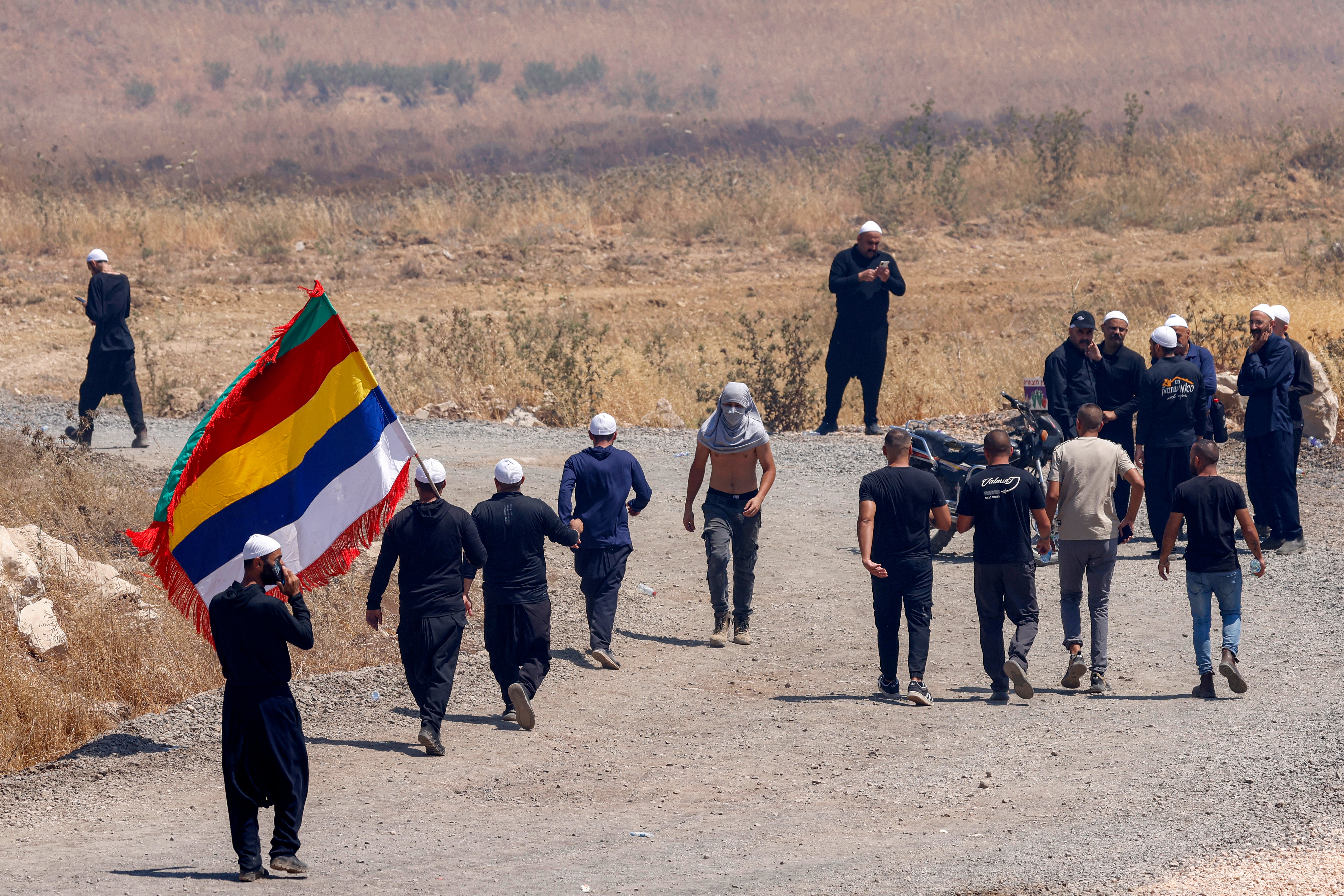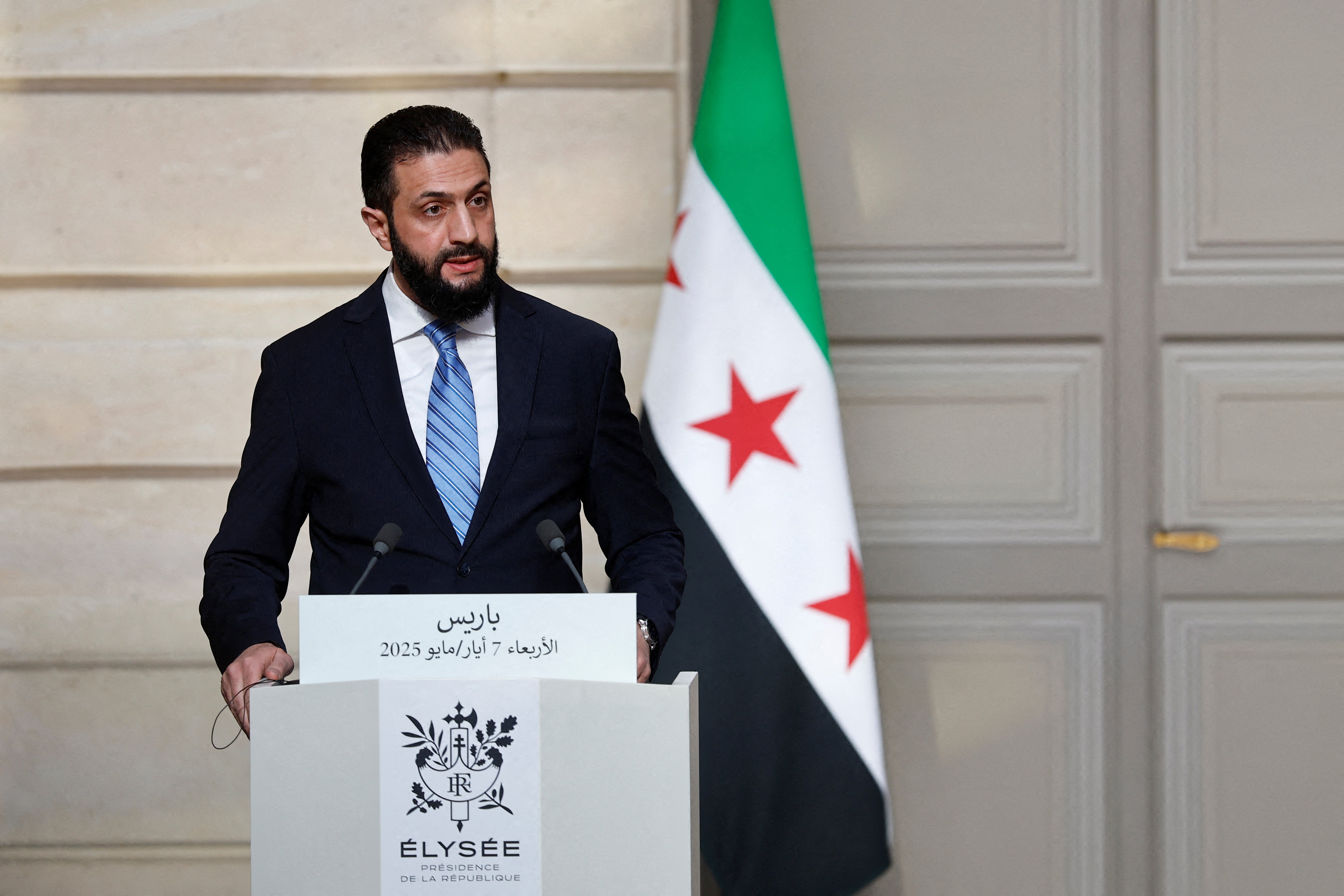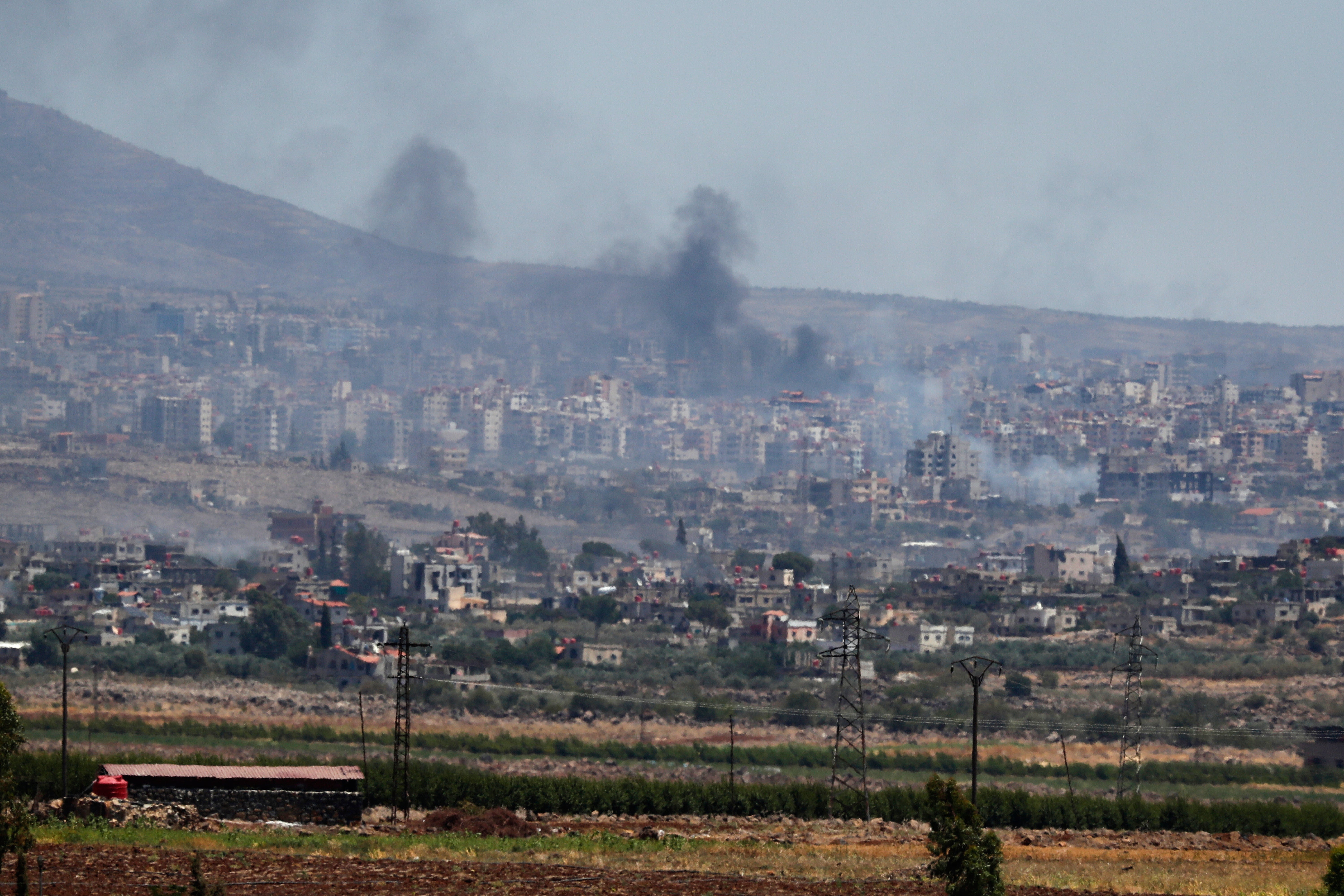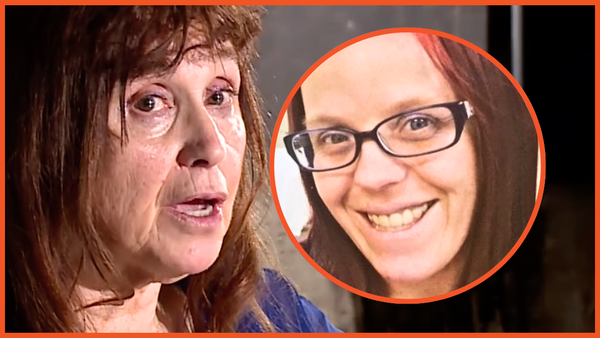Syria is facing a fresh and dangerous escalation in violence, with Israel launching its most intense airstrikes on Damascus in years amid deadly clashes between Druze factions and government forces in the south.
The renewed conflict, centred on the province of Suwayda in the south, threatens the country’s fragile post-war political transition and has already left hundreds dead, including civilians and soldiers.
The immediate trigger for the violence was the abduction of a Druze merchant in Suwayda on 13 July, which quickly spiralled into armed confrontations between Druze militias and Sunni Bedouin tribes. The situation worsened when government troops attempted to restore order but ended up clashing with local Druze fighters – and in some cases, were accused of targeting civilians.
By 15 July, Israel intervened militarily, citing its responsibility to protect the Druze population in Syria, a minority it considers a potential ally. This intervention marked the beginning of a dramatic escalation.
In Israel, the Druze are seen as a loyal minority and often serve in the military. In Syria, the Druze have been divided over how to deal with the country's new leaders, with some advocating for integrating into the new system while others have remained suspicious of the authorities in Damascus and pushed for an autonomous Druze region.
On Wednesday the Israeli military launched multiple airstrikes hitting central Damascus, including the Ministry of Defence headquarters and areas near the presidential palace, saying it is warning against attacks on Druze.

Further attacks were carried out in the southern city of Suwayda, a Druze-majority area close to the Jordanian border.
According to Syrian officials, the strikes on Damascus killed three people and injured 34. The Syrian Observatory for Human Rights, a UK-based war monitor, reported that more than 300 people had been killed in Suwayda since 13 July, including eight women, four children and 165 soldiers.
The strikes represent Israel’s most serious military escalation in Syria since December 2024, when it bombed hundreds of military sites following the fall of former Syrian president Bashar al-Assad in a rebel-led offensive.
That offensive had ended Syria’s 14-year-long civil war and ushered in a new, Islamist-leaning leadership under interim president Ahmad al-Sharaa.
Israel has been accused by some Druze figures in Syria and Lebanon of stoking sectarian divisions to advance its own expansionist aspirations in the region.

Syria’s new leadership under pressure
President al-Sharaa, a former militant who was once a member of al-Qaeda and now heads Syria’s transitional government, addressed the nation on Thursday, describing the Druze as an integral part of Syria. “We affirm that protecting your rights and freedoms is among our top priorities,” he said, specifically addressing Druze in Syria.
“We reject any attempt – foreign or domestic – to sow division within our ranks. We are all partners in this land, and we will not allow any group to distort the beautiful image that Syria and its diversity represent.”

He said Syrians did not fear renewed war but sought the path of Syrian interest over destruction. “We assigned local factions and Druze spiritual leaders the responsibility of maintaining security in [Suwayda], recognising the gravity of the situation and the need to avoid dragging the country” into a new war, he said.
“We are not among those who fear war,” he said. “We have spent our lives facing challenges and defending our people, but we have put the interests of the Syrians before chaos and destruction.”
Dr Mohamad Elmasry, a professor of media studies at the Doha Institute, called the speech a “significant departure” from earlier stances. “It was a clear warning to Israel that Syria doesn’t want war, but it won’t back down either,” he told Al Jazeera. “We’re at a potentially dangerous tipping point.”
The Syrian Ministry of Foreign Affairs condemned the Israeli strikes as a “flagrant assault” and accused Israel of pursuing a “deliberate policy” to spread chaos and destabilise the region. Several Arab governments, including Egypt, Qatar, and Lebanon, echoed Syria’s condemnation. Saudi Arabia described the strikes as “blatant attacks,” and Turkey warned they risk sabotaging Syria’s efforts to restore peace.
Israel’s rationale and regional implications
Israel claims that its military campaign is a response to attacks on the Druze and an attempt to prevent Islamist militias from entrenching themselves near its border, especially around the Israeli-occupied Golan Heights. It has also accused Syrian forces of carrying out summary executions of Druze civilians.
Israeli defence minister Israel Katz declared after the Damascus strikes: “The warnings in Damascus have ended - now painful blows will come.” He also threatened that Israel would increase its military pressure if Syrian forces remained in Suwayda.
The strike on the Syrian military headquarters was captured live by Syria TV, whose studios sit opposite the building, showing the moment a presenter fled the set while still live on air.

Ceasefire attempts falter
Following days of airstrikes and clashes, Syria’s Ministry of Interior on Wednesday announced a new ceasefire and confirmed that army convoys had begun withdrawing from Suwayda. The ceasefire had been brokered with some Druze leaders, but prominent cleric Sheikh Hikmat al-Hijri quickly rejected it, raising doubts about its viability.
Previous attempts to broker peace had also failed. A ceasefire declared on Tuesday had collapsed within hours. As Israel’s military strikes continued, fears of further bloodshed and displacement grew.
Who are the Druze?
The Druze are an Arabic-speaking ethno-religious group with roots in 10th-century Ismailism, a branch of Shia Islam. While their faith incorporates Islamic elements, it is considered a distinct religion. There are about one million Druze worldwide, with half living in Syria and others spread across Lebanon, Israel and the Israeli-occupied Golan Heights.
In Syria, they constitute roughly three per cent of the population. While the Druze community in Israel is often seen as loyal to the state, including through military service, the Druze in Syria have historically maintained a delicate balance between cooperation with and resistance to state authorities.
Following the fall of Assad, many Druze factions have resisted the authority of the new government, preferring to rely on local militias for security. This resistance, combined with past accusations of government abuses, has fuelled their mistrust toward the state.
Eyewitness accounts of horror
Grim reports of violence have surfaced from within Suwayda. Videos on social media showed government-affiliated fighters shaving the moustaches of Druze clerics – a symbolic act of humiliation – and desecrating Druze religious symbols. Others showed Druze fighters beating captured government troops and posing with corpses.
The Syrian Observatory reported at least 27 summary executions. The Associated Press said its journalists in the region had witnessed widespread looting and arson in Druze neighbourhoods.
Personal accounts add to the growing human cost. In Jaramana, near Damascus, 20-year-old Evelyn Azzam said she feared her husband, Robert Kiwan, had been shot by security forces during a phone call. “They shot my husband in the hip, from what I could gather,” she said. “Since then, we have no idea what has happened.”
A Druze woman in the United Arab Emirates said her family was hiding in their basement near Suwayda’s hospital. “I heard them cry. I have never heard them this way before,” she said.
Another woman said a house containing her relatives had been burned down with them inside, evoking memories of a deadly 2018 Isis attack on the city.
Syrian government and Druze minority leaders announce new ceasefire
Scientists unlock secret behind rare disease where flu can cause paralysis
Drone attacks on oil fields in Iraq's Kurdish region shut down facilities
Israel targets Syrian military HQ after days of fighting between rival clans
Iran seizes foreign tanker smuggling 2 million litres of fuel
US ambassador to Israel makes surprise visit to Netanyahu’s corruption trial







